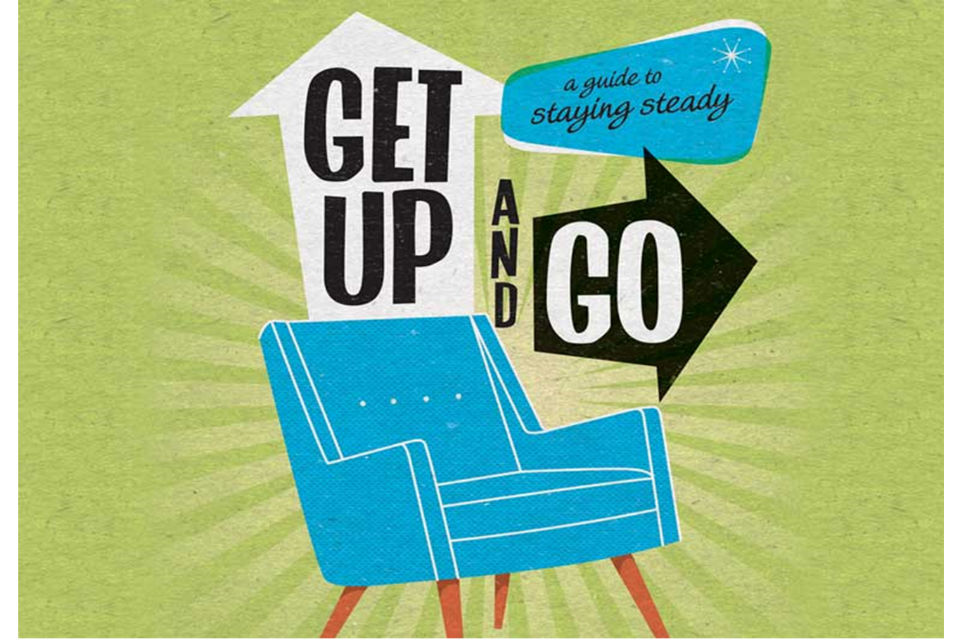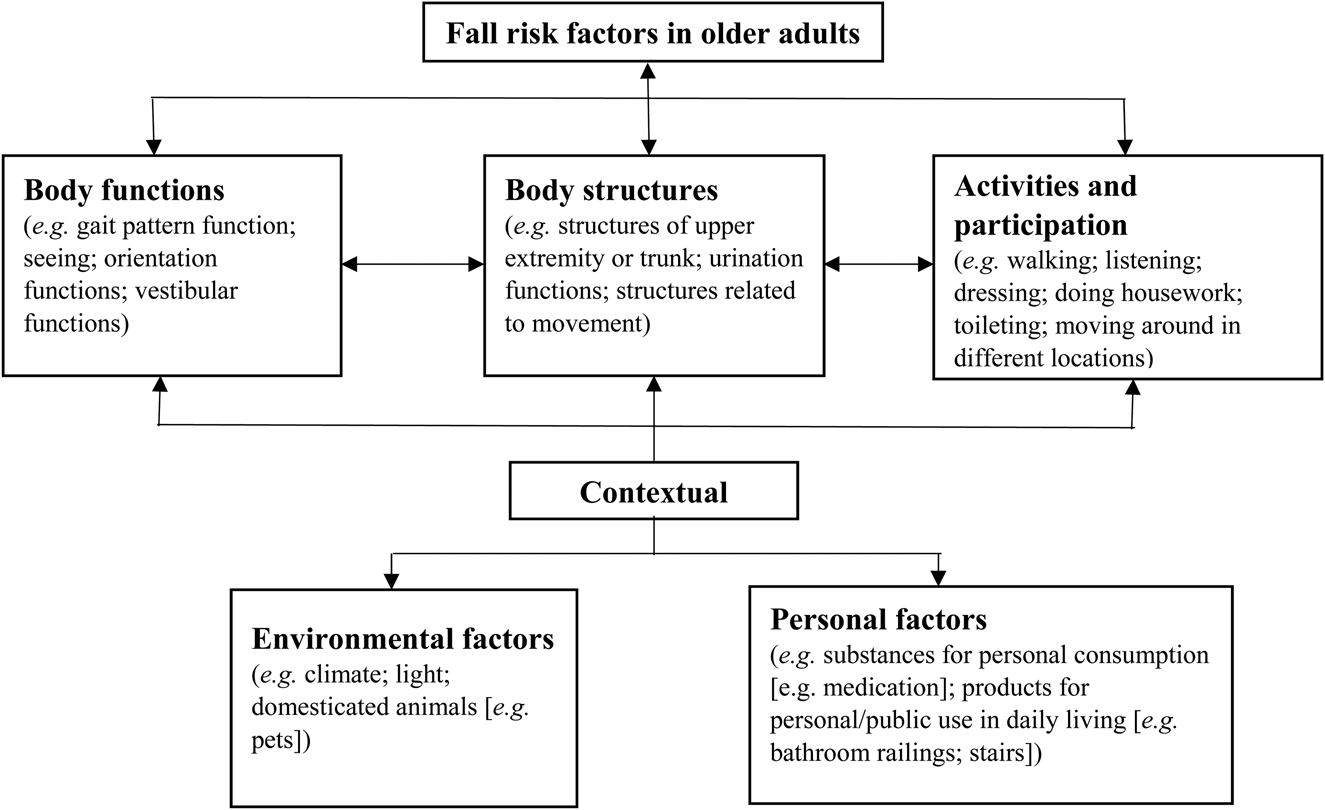The smart Trick of Dementia Fall Risk That Nobody is Discussing
The smart Trick of Dementia Fall Risk That Nobody is Discussing
Blog Article
Indicators on Dementia Fall Risk You Should Know
Table of ContentsUnknown Facts About Dementia Fall RiskAll About Dementia Fall Risk5 Simple Techniques For Dementia Fall RiskWhat Does Dementia Fall Risk Mean?Get This Report about Dementia Fall Risk
You may be worried due to the fact that you have actually had a loss prior to or since you have actually observed you're beginning to feel unsteady on your feet. You might have noticed adjustments to your wellness, or simply feel like you're slowing down a little. Whatever the reason, it isn't uncommon to come to be careful and lose confidence, and this can quit you doing the things you used to do and make you really feel extra separated.If you've had a loss or you have actually begun to feel unstable, tell your medical professional also if you really feel great otherwise. Your physician can examine your balance and the means you walk to see if improvements can be made. They might have the ability to refer you for a falls risk analysis or to the drops prevention solution.
This info can be obtained via meetings with the individual, their caretakers, and an evaluation of their medical documents. Begin by asking the private about their background of drops, including the frequency and scenarios of any type of current drops. Dementia Fall Risk. Inquire about any kind of movement problems they might experience, such as unsteady or difficulty walking
Conduct an extensive testimonial of the person's drugs, paying certain interest to those understood to boost the threat of falls, such as sedatives or medications that lower high blood pressure. Figure out if they are taking multiple medicines or if there have been current changes in their medicine routine. Assess the person's home atmosphere for possible hazards that can increase the danger of drops, such as bad lights, loose carpets, or lack of grab bars in the bathroom.
The Basic Principles Of Dementia Fall Risk
Guide the person with the autumn threat analysis form, describing each concern and taping their reactions precisely. Determine the complete risk score based on the actions provided in the assessment form.
Routinely keep track of the person's progress and reassess their danger of falls as needed. Supply continuous education and support to advertise security and decrease the threat of falls in their everyday living tasks.
Numerous research studies have actually shown that physical treatment can assist to reduce the threat of falling in adults ages 65 and older. In a brand-new research (that checked out falls danger in women ages 80 and older), useful source researchers determined the economic impact of choosing physical therapy to stop drops, and they located that doing so conserves $2,144, including all the covert expenses of your time, pain, missed life occasions, and the bucks spent for solutions.
About Dementia Fall Risk
Checking your heart price and high blood pressure dimensions at rest and while you turn (from resting or lying to standing). A simple test of your reasoning (cognitive) abilities. Evaluating your equilibrium, strength, and strolling capacity. A basic vision test. Evaluating your feet and footwear. A home why not look here security evaluation. Based on the assessment results, your physical specialist will certainly make a strategy that is tailored to your details demands.
Older grownups that have trouble walking and speaking at the very same time are at a higher risk of falling. Dementia Fall Risk. To help raise your security during daily activities, your physical therapist may design a training program that will certainly test you to maintain standing and strolling while you do another task. Examples consist of walking or standing while counting in reverse, having a conversation, or bring a bag of groceries
Your physical specialist also can recognize which activities you should prevent to stay risk-free. Community-based falls prevention programs assist individuals to: Minimize their concern of falling. Establish objectives for boosting their exercise. Make their homes safer. Work out more to raise their strength and equilibrium. These programs frequently are led by volunteer instructors.
What Does Dementia Fall Risk Mean?

Measles, or rubeola, is a highly transmittable, acute viral contagious disease brought on by the measles infection. Some individuals assume of measles as simply a breakout and high temperature that cleans up in a few days; however, measles can create severe health complications, specifically in children younger than 5-years-old. The most effective security versus measles is the measles, mumps, and rubella (MMR) injection.
Loss are a home common cause of injury amongst older adults. According to the CDC, in one year alone, fall-related injuries contributed to over $50 billion in clinical expenses (Dementia Fall Risk). In medical facility setups, older adults go to particularly high danger of drops due to the fact that their reduced flexibility from being confined to an area or bed.
Excitement About Dementia Fall Risk

She has no history of drops, her stride is consistent, and she voids with no issues. The previous registered nurse states that she calls for aid to the bathroom when she needs to go.
Instances of typical loss interventions/measures include: Guaranteeing a client's essential things are within reach. Beyond understanding how to make use of the Johns Hopkins Fall Danger Assessment Device, it's essential that facilities incorporate its use right into a more thorough autumn avoidance strategy.
Report this page